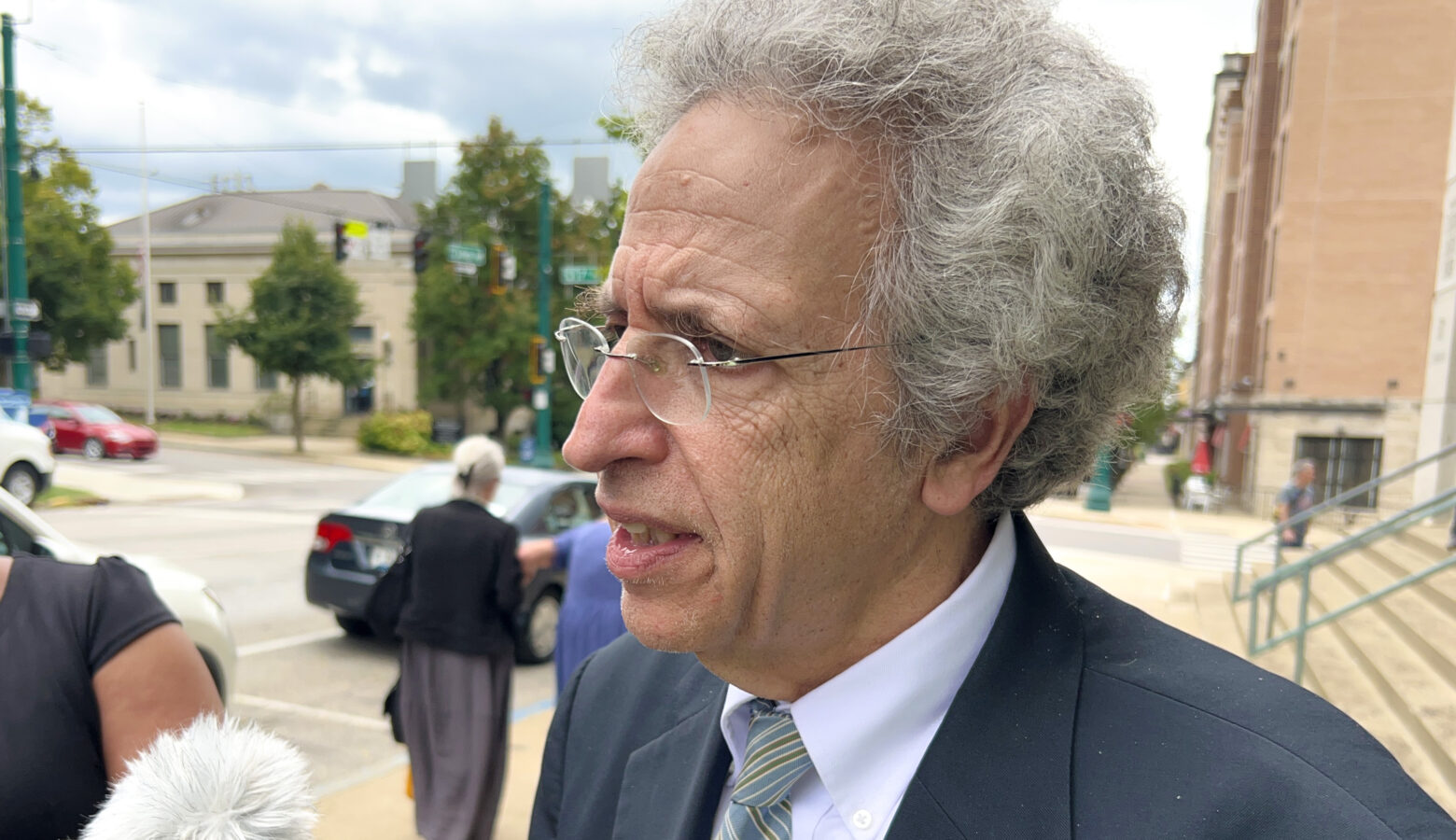Indiana appeals court rules abortion ban likely violates religious freedom protections

Indiana’s near-total abortion ban likely violates the state’s religious freedom protections, according to a ruling Thursday from the state appeals court.
What that means now for Hoosiers whose religious beliefs conflict with the abortion ban is a little unclear.
ACLU of Indiana Legal Director Ken Falk represents the people in the lawsuit challenging the ban.
“If there are women who have these religious beliefs and who need an abortion because of them, I would suggest they contact us,” Falk said. “They are members of the class that we represent, all these persons now, and they should contact us and we can determine what steps to take.”
While the case is not over, Falk called the latest ruling a “major victory.”
Indiana Right To Life President Mike Richter called it “wrongly decided.”
“We are confident Indiana will prevail against any claims that abortion – the intentional ending of an innocent and helpless human life – is a religious freedom,” Fichter said.
A group of anonymous women and the organization Hoosier Jews For Choice sued the state in 2022. They argued the abortion ban violates Indiana’s Religious Freedom Restoration Act, or RFRA.
The state argued that the women had no grounds to sue because they weren’t actively pregnant.
Both a trial court and now the Indiana Court of Appeals disagreed, noting that RFRA specifically applies to people whose religious beliefs are burdened or “likely to be substantially burdened.”
The state also argued that seeking abortion is not a religious practice that the law can protect, likening it to seeking a nutritionist during pregnancy.
Again, the courts disagreed. It cited several rulings that contradict the state’s argument, including cases in which laws that required employers to provide insurance coverage for contraceptives or policies that required COVID-19 vaccinations for members of the military were struck down.
The state’s arguments also included the assertion that the abortion ban was the least restrictive way for it to advance its goal of protecting unborn life.
The courts rejected that, too. The appellate ruling noted that there are other exceptions to the abortion ban: allowing the procedure in cases where the life or serious health of the pregnant person is at risk, if there’s a lethal fetal anomaly or if the pregnancy is the result of rape or incest.
“The religious exemption that [the women] seek, based on their sincere religious beliefs, merely expands the circumstances in which the pregnant woman’s health dictates an abortion,” wrote Indiana Court of Appeals Judge Leanna Weissmann.
READ MORE: Indiana’s near-total abortion ban is now in effect. Here’s what you need to know
Join the conversation and sign up for the Indiana Two-Way. Text “Indiana” to 765-275-1120. Your comments and questions in response to our weekly text help us find the answers you need on statewide issues and the election, including our project Civically, Indiana.
Judge Mark Bailey went further in his concurring opinion to Thursday’s unanimous decision.
“Legislators, an overwhelming majority of whom have not experienced childbirth, nevertheless dictate that virtually all pregnancies in this state must proceed to birth notwithstanding the onerous burden upon women and girls,” Bailey wrote. “They have done so not based upon science or viability but upon a blanket assertion that they are the protectors of ‘life’ from the moment of conception. In my view, this is an adoption of a religious viewpoint held by some, but certainly not all, Hoosiers.”
The ruling will likely be appealed to the Indiana Supreme Court. The near-total abortion ban fully took effect in August 2023 after an Indiana Supreme Court decision in a case challenging the law on state constitutional grounds.
Brandon is our Statehouse bureau chief. Contact him at bsmith@ipbs.org or follow him on Twitter at @brandonjsmith5.

